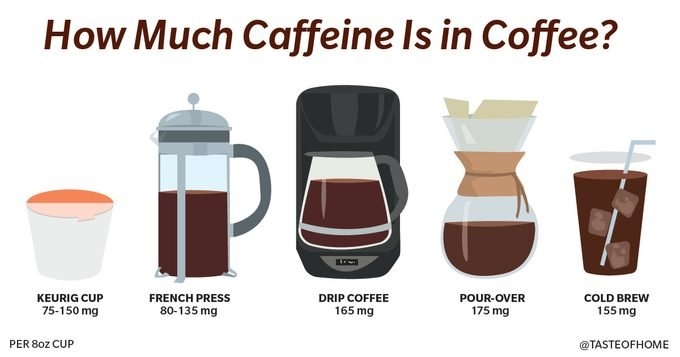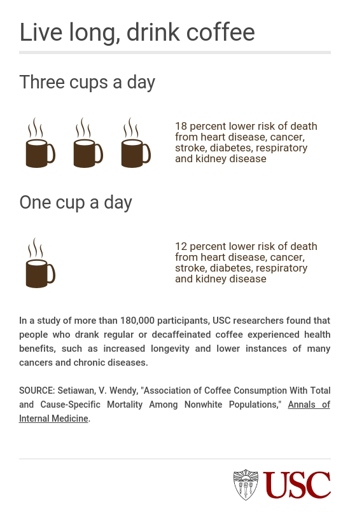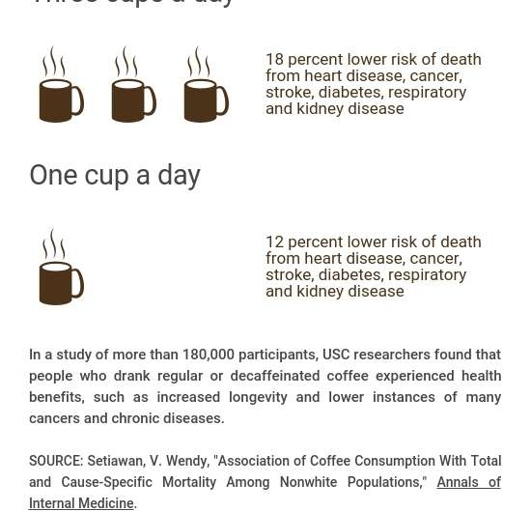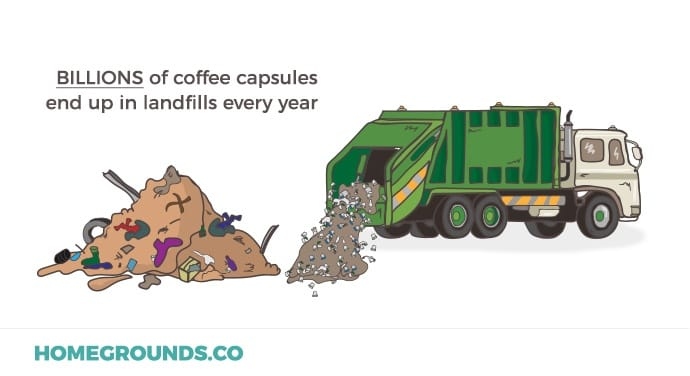K-Cups are single-serve coffee pods that are popular for their convenience. But do they have caffeine? And if so, which blends have the most?
Caffeine is a stimulant that occurs naturally in coffee beans. It is also added to some soft drinks, energy drinks, and over-the-counter medications. Caffeine can have both positive and negative effects on your health. It can improve mental alertness and physical performance, but it can also cause insomnia, anxiety, and restlessness.
The amount of caffeine in a K-Cup depends on the blend. For example, Starbucks Pike Place Roast contains more caffeine than Folgers Classic Roast. The amount of caffeine in a K-Cup can also vary depending on how much water you use to brew it.
So, if you’re looking for a caffeine boost, choose a dark roast K-Cup with a high caffeine content. But be aware that too much caffeine can have adverse effects.
Caffeine Content in K-Cups
K-Cups come in a variety of flavors and brands, and they can be purchased with or without caffeine. K-Cups are coffee pods that are used with a Keurig coffee machine. The coffee is brewed inside the K-Cup and then dispensed into a cup.
The answer is yes, but the amount of caffeine in a K-Cup can vary depending on the brand and flavor of the K-Cup. For example, a K-Cup from Dunkin’ Donuts is likely to have more caffeine than a K-Cup from Green Mountain Coffee. So, do K-Cups have caffeine?
When it comes to caffeine, there are two main types of K-Cups: those that contain coffee and those that don’t. The caffeine content in K-Cups can also vary depending on the type of coffee that is used. For example, a K-Cup that uses Arabica coffee beans will have less caffeine than a K-Cup that uses Robusta coffee beans. K-Cups that contain coffee will have a higher caffeine content than K-Cups that don’t contain coffee.

The caffeine content in K-Cups can also vary depending on how the K-Cup is brewed. For example, if you use a Keurig 2.0 to brew your K-Cup, the caffeine content will be higher than if you use a Keurig 1.0.
That depends on a variety of factors, but you can expect a K-Cup to have anywhere from 30-mg to 180-mg of caffeine. So, how much caffeine is in a K-Cup?
K-Cups and Health Risks
However, there is some concern about the health risks associated with K-cups, specifically the amount of caffeine they contain. K-cups have become increasingly popular in recent years as a convenient way to make single servings of coffee.
Caffeine is a stimulant that can have side effects such as increased heart rate, anxiety, and insomnia. Too much caffeine can also be dangerous, and the amount of caffeine in K-cups can vary depending on the blend.

For those who are concerned about the amount of caffeine in K-cups, it is important to know which blends have the most caffeine. The following section will provide information on the caffeine content of different K-cup blends, as well as some tips on how to limit your caffeine intake.
K-Cups and Health Benefits
K-Cups have been a popular way to make coffee for many years. However, there is some debate about the health benefits of K-Cups. Some people believe that K-Cups can be beneficial for your health, while others believe that they can be harmful.
The most popular type of K-Cup is the Original Blend, which has the most caffeine. The other types of K-Cups include the Decaf Blend, the Half-Caf Blend, and the Flavored Blend. There are a few different types of K-Cups, and each type has a different amount of caffeine.

The Original Blend has the most caffeine, and the Decaf Blend has the least caffeine. The Half-Caf Blend has a moderate amount of caffeine. The Flavored Blend has a moderate amount of caffeine, but it also has a lot of sugar.
However, some people believe that K-Cups can be harmful because they can increase your risk of dehydration. Some people believe that K-Cups can be beneficial for your health because they can help you stay awake and alert.
It is important to remember that everyone is different and that you should consult with your doctor before you consume any type of K-Cup.
Environmental Impacts of K-Cups
While the Keurig system and K-Cups offer a convenient way to make a quick cup of coffee, there are some environmental concerns associated with the use of K-Cups. K-Cups are single-serve coffee pods that are used with the Keurig system to brew a fresh cup of coffee with the push of a button. The Keurig single-serve coffee brewing system has become popular in recent years, in large part due to the convenience of the K-Cup.
In addition, the K-Cups are not recyclable, so they end up in landfills. After brewing, the used K-Cup is discarded. This can create a lot of waste, particularly if you are a daily coffee drinker. Each K-Cup is made of plastic and foil, and is filled with coffee grounds.

The Keurig company has come under fire in recent years for the environmental impact of the K-Cups. However, critics say that more needs to be done to reduce the environmental impact of the K-Cups. The company has taken some steps to address the issue, including developing a recyclable K-Cup.
Frequently Asked Questions
1. What is a K-Cup?
A K-Cup is a single-serve coffee pod that is used with a Keurig coffee machine.
2. How much caffeine is in a K-Cup?
The amount of caffeine in a K-Cup can vary depending on the blend. For example, a K-Cup of the popular Dunkin’ Donuts Original Blend coffee has about 96 mg of caffeine per 8 fluid ounce cup.
3. What is the most caffeinated K-Cup?
The most caffeinated K-Cup is the Starbucks Pike Place Roast, which has about 260 mg of caffeine per 8 fluid ounce cup.
4. How do I know how much caffeine is in my K-Cup?
The amount of caffeine in a K-Cup is typically listed on the packaging.
5. Is there decaffeinated K-Cup coffee?
Yes, there are decaffeinated K-Cups available.
Final thoughts
K-cups have caffeine, but the amount of caffeine in each blend varies. The lightest blends have about 10mg of caffeine per 8oz cup, while the darkest blends have about 60mg of caffeine per 8oz cup. If you’re looking for a K-cup with a lot of caffeine, choose a dark roast.
